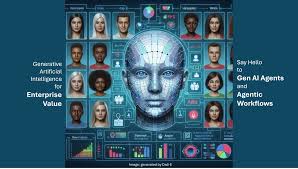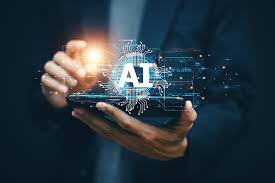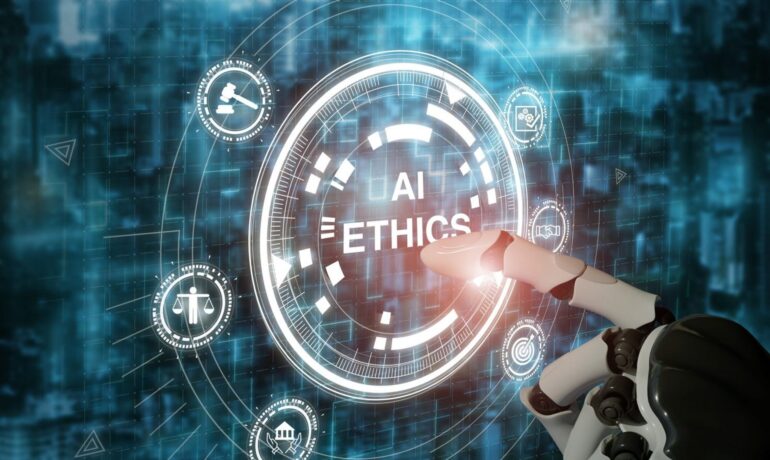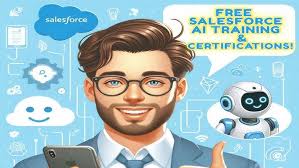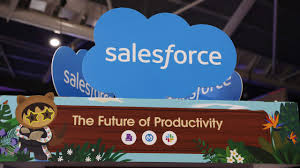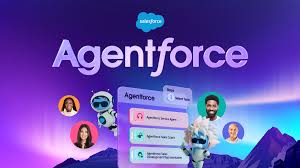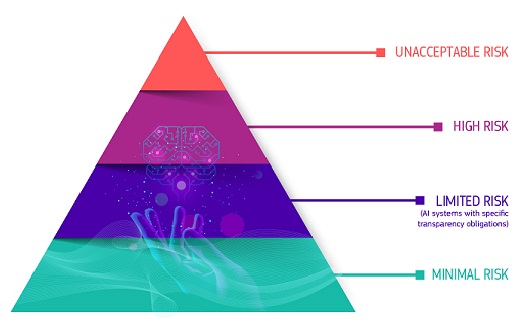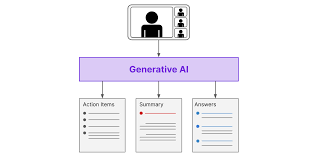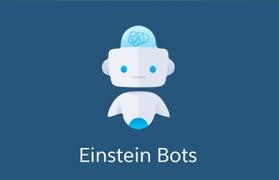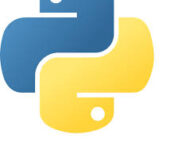OpenAI Restructures: Increased Flexibility, But Raises Concerns OpenAI’s decision to restructure into a for-profit entity offers more freedom for the company and its investors but raises questions about its commitment to ethical AI development. Founded in 2015 as a nonprofit, OpenAI transitioned to a hybrid model in 2019 with the creation of a for-profit subsidiary. Now, its restructuring, widely reported this week, signals a shift where the nonprofit arm will no longer influence the day-to-day operations of the for-profit side. CEO Sam Altman is set to receive equity in the newly restructured company, which will operate as a benefit corporation (B Corp), similar to competitors like Anthropic and Sama. A Company in Transition This move comes on the heels of a turbulent year. OpenAI’s board initially voted to remove Altman over concerns about transparency, but later rehired him after significant backlash and the resignation of several board members. The company has seen a number of high-profile departures since, including co-founder Ilya Sutskever, who left in May to start Safe Superintelligence (SSI), an AI safety-focused venture that recently secured $1 billion in funding. This week, CTO Mira Murati, along with key research leaders Bob McGrew and Barret Zoph, also announced their departures. OpenAI’s restructuring also coincides with an anticipated multi-billion-dollar investment round involving major players such as Nvidia, Apple, and Microsoft, potentially pushing the company’s valuation to as high as $150 billion. Complex But Expected Move According to Michael Bennett, AI policy advisor at Northeastern University, the restructuring isn’t surprising given OpenAI’s rapid growth and increasingly complex structure. “Considering OpenAI’s valuation, it’s understandable that the company would simplify its governance to better align with investor priorities,” said Bennett. The transition to a benefit corporation signals a shift towards prioritizing shareholder interests, but it also raises concerns about whether OpenAI will maintain its ethical obligations. “By moving away from its nonprofit roots, OpenAI may scale back its commitment to ethical AI,” Bennett noted. Ethical and Safety Concerns OpenAI has faced scrutiny over its rapid deployment of generative AI models, including its release of ChatGPT in November 2022. Critics, including Elon Musk, have accused the company of failing to be transparent about the data and methods it uses to train its models. Musk, a co-founder of OpenAI, even filed a lawsuit alleging breach of contract. Concerns persist that the restructuring could lead to less ethical oversight, particularly in preventing issues like biased outputs, hallucinations, and broader societal harm from AI. Despite the potential risks, Bennett acknowledged that the company would have greater operational freedom. “They will likely move faster and with greater focus on what benefits their shareholders,” he said. This could come at the expense of the ethical commitments OpenAI previously emphasized when it was a nonprofit. Governance and Regulation Some industry voices, however, argue that OpenAI’s structure shouldn’t dictate its commitment to ethical AI. Veera Siivonen, co-founder and chief commercial officer of AI governance vendor Saidot, emphasized the role of regulation in ensuring responsible AI development. “Major players like Anthropic, Cohere, and tech giants such as Google and Meta are all for-profit entities,” Siivonen said. “It’s unfair to expect OpenAI to operate under a nonprofit model when others in the industry aren’t bound by the same restrictions.” Siivonen also pointed to OpenAI’s participation in global AI governance initiatives. The company recently signed the European Union AI Pact, a voluntary agreement to adhere to the principles of the EU’s AI Act, signaling its commitment to safety and ethics. Challenges for Enterprises The restructuring raises potential concerns for enterprises relying on OpenAI’s technology, said Dion Hinchcliffe, an analyst with Futurum Group. OpenAI may be able to innovate faster under its new structure, but the reduced influence of nonprofit oversight could make some companies question the vendor’s long-term commitment to safety. Hinchcliffe noted that the departure of key staff could signal a shift away from prioritizing AI safety, potentially prompting enterprises to reconsider their trust in OpenAI. New Developments Amid Restructuring Despite the ongoing changes, OpenAI continues to roll out new technologies. The company recently introduced a new moderation model, “omni-moderation-latest,” built on GPT-4o. This model, available through the Moderation API, enables developers to flag harmful content in both text and image outputs. A Company in Transition As OpenAI navigates its restructuring, balancing rapid innovation with maintaining ethical standards will be crucial to sustaining enterprise trust and market leadership. Like Related Posts Salesforce OEM AppExchange Expanding its reach beyond CRM, Salesforce.com has launched a new service called AppExchange OEM Edition, aimed at non-CRM service providers. Read more Salesforce Jigsaw Salesforce.com, a prominent figure in cloud computing, has finalized a deal to acquire Jigsaw, a wiki-style business contact database, for Read more Health Cloud Brings Healthcare Transformation Following swiftly after last week’s successful launch of Financial Services Cloud, Salesforce has announced the second installment in its series Read more Top Ten Reasons Why Tectonic Loves the Cloud The Cloud is Good for Everyone – Why Tectonic loves the cloud You don’t need to worry about tracking licenses. Read more

